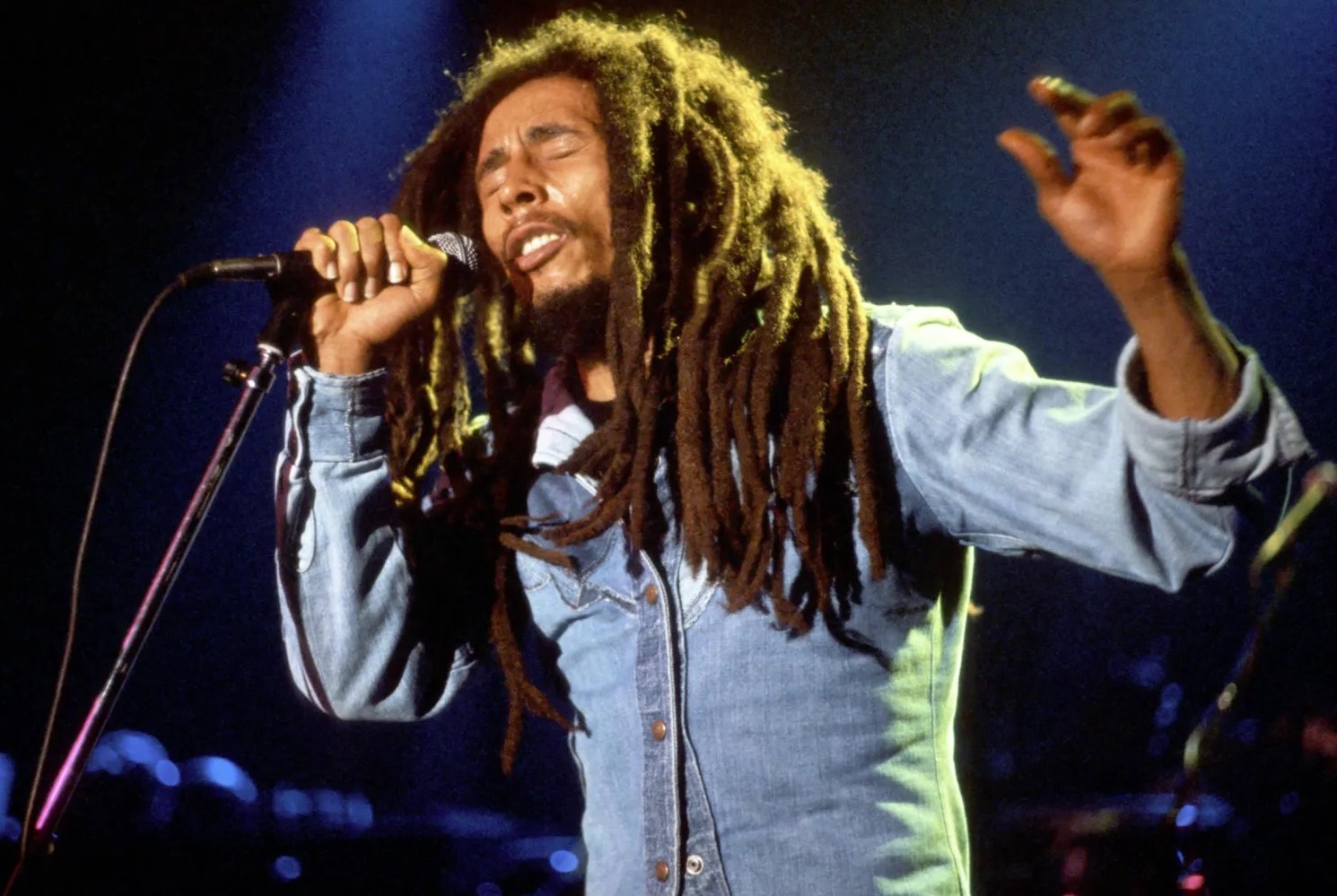
Bob Marley, a name synonymous with reggae music, left an indelible mark on the world. Who was Bob Marley? He was a Jamaican singer, songwriter, and musician who became an international icon. Born on February 6, 1945, in Nine Mile, Jamaica, Marley’s music transcended borders, spreading messages of peace, love, and unity. His band, The Wailers, produced hits like "No Woman, No Cry" and "One Love," which remain timeless classics. Marley’s influence extended beyond music; he was a cultural ambassador for Jamaica and a voice for social change. Dive into these 25 fascinating facts about Bob Marley to learn more about the legend behind the music.
Early Life and Background
Bob Marley, the legendary reggae musician, had a fascinating life filled with interesting facts. Let's explore some key moments and details about his early years.
- Born on February 6, 1945, in Nine Mile, Jamaica, Bob Marley was named Robert Nesta Marley.
- His father, Norval Sinclair Marley, was a white Jamaican of English descent, while his mother, Cedella Booker, was a black Jamaican.
- Norval was a captain in the Royal Marines and much older than Cedella, causing tension in their relationship.
- Bob Marley moved to Kingston's Trenchtown neighborhood at age 12, where he would later form his first band.
Musical Journey Begins
Bob Marley's path to becoming a global music icon started with his early musical endeavors.
- In 1963, Marley formed the Wailers with Peter Tosh and Bunny Wailer.
- Their first single, "Simmer Down," became a hit in Jamaica, marking the Wailers' rise to fame.
- The Wailers initially recorded ska and rocksteady music before transitioning to reggae.
- Bob Marley married Rita Anderson in 1966, who later became a member of the I Threes, his backup singers.
Rise to International Fame
Bob Marley's music and message began to resonate worldwide, leading to his international stardom.
- In 1972, the Wailers signed with Island Records, a pivotal moment in their career.
- The album "Catch a Fire" (1973) was their first release under Island Records, gaining international acclaim.
- "Burnin'" (1973) featured hits like "I Shot the Sheriff," which Eric Clapton covered, boosting Marley's fame.
- The Wailers disbanded in 1974, but Marley continued to perform as Bob Marley and the Wailers.
Political and Social Influence
Marley's music often carried powerful messages about social justice, peace, and unity.
- His song "Get Up, Stand Up" became an anthem for human rights and social justice.
- Marley survived an assassination attempt in 1976, believed to be politically motivated.
- Despite the attack, he performed at the Smile Jamaica Concert two days later, promoting peace.
- In 1978, Marley played at the One Love Peace Concert, bringing together political rivals Michael Manley and Edward Seaga.
Personal Life and Legacy
Bob Marley's personal life and legacy continue to influence music and culture globally.
- Marley had 11 acknowledged children with seven different women.
- His son, Ziggy Marley, followed in his footsteps, becoming a successful musician.
- Bob Marley was a devout Rastafarian, which influenced his music and lifestyle.
- He was posthumously awarded the Grammy Lifetime Achievement Award in 2001.
Final Years and Death
Marley's life was cut short, but his impact remains enduring.
- In 1977, Marley was diagnosed with acral lentiginous melanoma, a type of skin cancer.
- Despite his illness, he continued to tour and record music.
- His final concert took place in Pittsburgh, Pennsylvania, on September 23, 1980.
- Bob Marley passed away on May 11, 1981, in Miami, Florida, at the age of 36.
- He was buried in Nine Mile, Jamaica, with his guitar, a Bible, and a bud of marijuana.
Bob Marley's Legacy Lives On
Bob Marley's impact on music and culture remains undeniable. His songs, filled with messages of love, peace, and unity, continue to inspire generations. From his humble beginnings in Jamaica to becoming a global icon, Marley's journey was nothing short of extraordinary. His influence extends beyond music, touching on social and political issues that still resonate today.
Marley's legacy isn't just about his music; it's about the change he inspired. His commitment to his roots and his unwavering belief in the power of music to bring people together set him apart. Even decades after his passing, his words and melodies still echo around the world.
Bob Marley wasn't just a musician; he was a movement. His legacy lives on, reminding us all of the power of music to change the world.
Was this page helpful?
Our commitment to delivering trustworthy and engaging content is at the heart of what we do. Each fact on our site is contributed by real users like you, bringing a wealth of diverse insights and information. To ensure the highest standards of accuracy and reliability, our dedicated editors meticulously review each submission. This process guarantees that the facts we share are not only fascinating but also credible. Trust in our commitment to quality and authenticity as you explore and learn with us.


